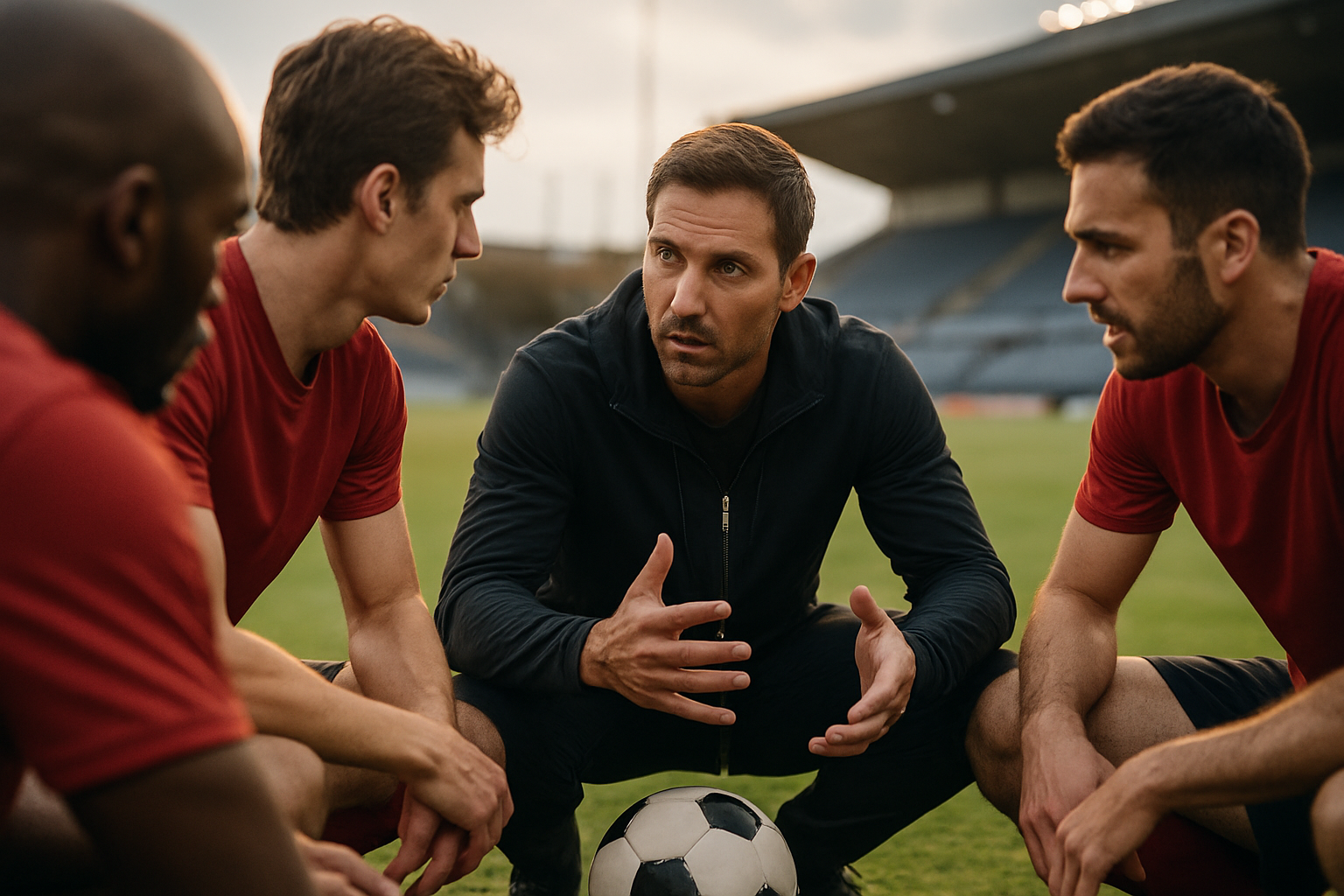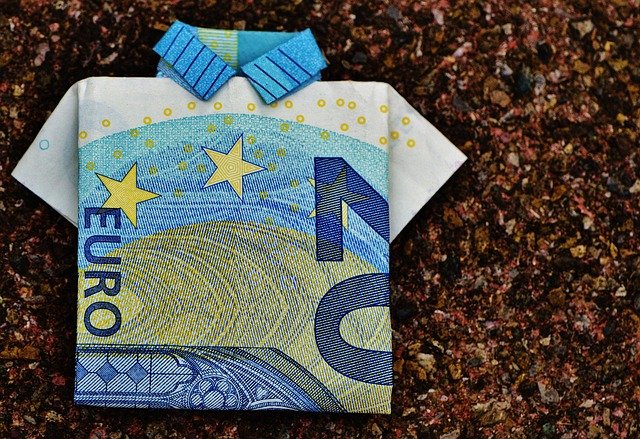Mental Resilience Programs for Elite Competitors
Mental resilience programs help elite competitors maintain focus, manage stress, and recover from setbacks across long seasons and multiple events. These programs combine psychological skills training, structured routines, and collaboration with coaches and support staff to protect performance under pressure while integrating into broader training and competition plans.

Mental resilience is a distinct component of sustained high performance for athletes and teams. For elite competitors, resilience programs address the cognitive, emotional, and social demands of competition, translating into more consistent training adherence, clearer tactical decision-making during games, and improved recovery after intense events. Effective programs are integrated into daily routines and align with physical fitness, nutrition, and analytics to create durable performance systems.
This article is for informational purposes only and should not be considered medical advice. Please consult a qualified healthcare professional for personalized guidance and treatment.
How do athlete mental programs integrate with team dynamics?
Programs designed for individual athletes often need adaptation to fit team environments. Integration begins with shared language around stress, roles, and responsibilities so that mental skills coaching complements group training sessions. Team workshops can teach communication, goal alignment, and conflict resolution techniques while individual sessions focus on personal triggers and coping strategies. Coordination between coaches, sports psychologists, and performance staff ensures that resilience work reinforces tactical plans and on-field chemistry rather than competing with them.
What training methods improve performance and fitness alongside resilience?
Mental resilience training should mirror physical training principles: progressive overload, periodization, and measurable outcomes. Techniques include imagery rehearsal of competition scenarios, focused attention drills to build concentration under fatigue, and routine scripting for pre-performance preparation. These methods are scheduled in parallel with strength, conditioning, and endurance work so that cognitive demands are managed during heavy training blocks and emphasized during tapering periods to optimize competition readiness.
How are analytics and coaching used for endurance and recovery?
Analytics provide objective markers that inform both mental and physical recovery strategies. Monitoring training load, sleep quality, and heart rate variability can indicate when an athlete is at higher risk of cognitive fatigue or emotional burnout. Coaches use these analytics to adapt training intensity and to schedule recovery sessions and psychological check-ins. Clear, data-driven communication helps athletes trust adjustments, supporting long-term endurance and preventing performance dips during dense competition calendars.
How does nutrition support mental resilience and recovery?
Nutrition influences cognitive function, mood stability, and physiological recovery. Proper macronutrient timing around events supports sustained energy and concentration, while micronutrients influence neurotransmitter production that underpins focus and emotional regulation. Hydration, regular meals, and recovery nutrition after competition aid sleep and mood, which in turn affect an athlete’s ability to engage with coaching and training. Nutritional strategies should be tailored to individual needs and coordinated with mental skills work.
What tactics help manage competition, stadium, and events pressure?
Competition environments like a packed stadium or back-to-back events present predictable stressors. Tactics to manage pressure include pre-performance routines, environmental simulation in practice, and contingency planning for common disruptions. Cognitive reframing and acceptance techniques reduce the impact of uncontrollable factors, while small behavioral anchors—breath control, cue words, or micro-routines—provide quick reset options during competition. These tactics are practiced in contexts that mimic key events so they are accessible under real-time pressure.
How do fanbase influence and coaching culture affect long-term performance?
External factors such as media attention, a passionate fanbase, or changing coaching staff can amplify stress. Resilience programs build skills for boundary-setting, media preparation, and maintaining perspective during periods of scrutiny. Equally important is fostering a coaching culture that models psychological safety, open feedback, and consistent expectations. When coaches and staff prioritize mental skills as part of everyday training, athletes are more likely to apply techniques consistently and to view resilience practice as a core performance tool.
Conclusion
Mental resilience programs for elite competitors work best when they are systematic, evidence-informed, and closely coordinated with physical training, nutrition, and performance analytics. Programs should be individualized within a team framework, practiced under realistic conditions, and supported by coaching cultures that value psychological preparedness. Over time, this integrated approach helps maintain performance across seasons, manage competition pressures, and support recovery in high-stakes environments.






